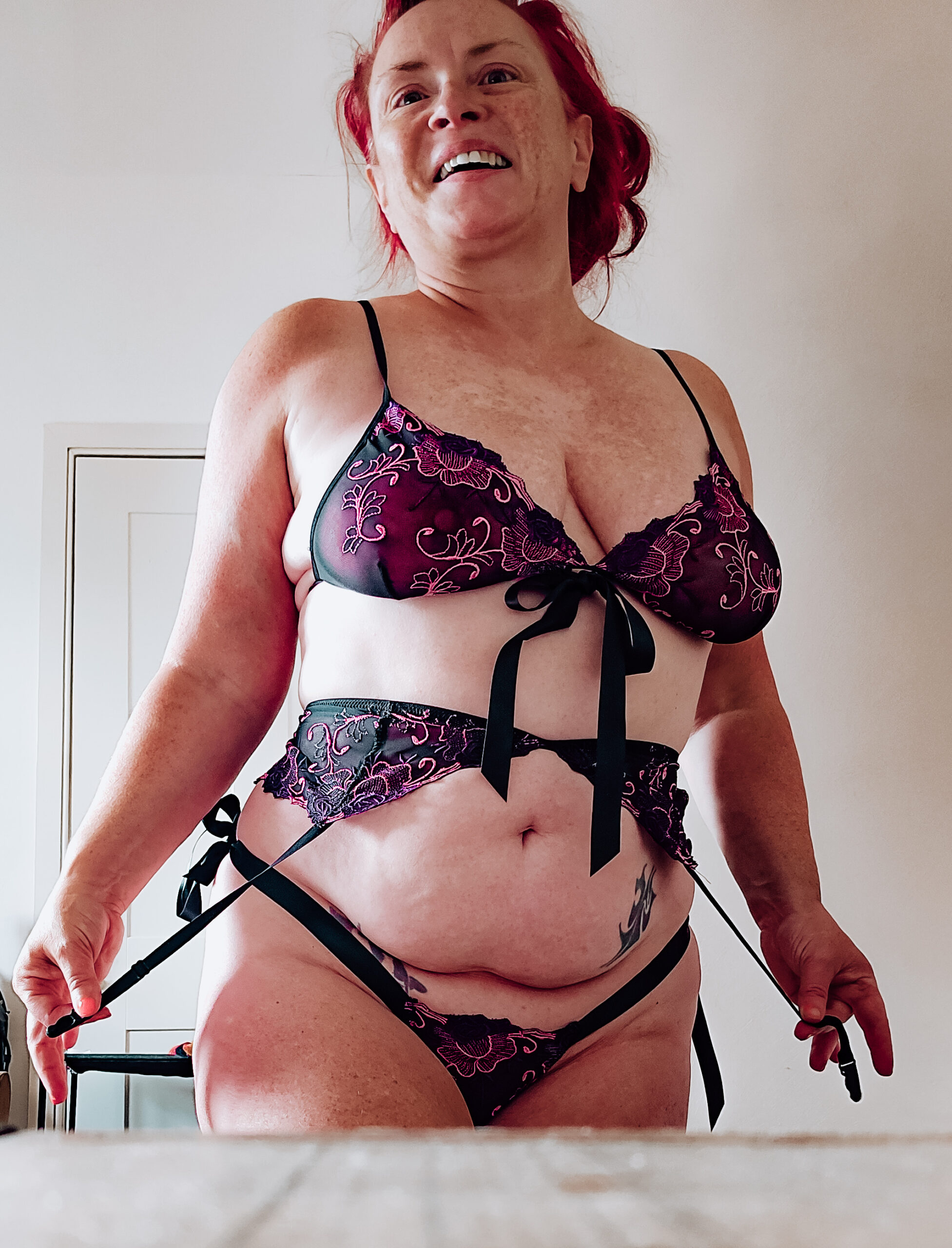Understanding Demigender Identities
Understanding demigender identities is crucial for fostering inclusivity and creating a safe space for all individuals. This exploration delves into the complexities of demigender experiences, examining how individuals navigate their gender identity and express themselves authentically.
Defining Demigender
Demigender refers to a spectrum of gender identities in which an individual partially identifies with one gender while not fully identifying as that gender. It’s important to understand that demigender is not simply a “halfway” point between genders; it’s a unique and valid identity in its own right.
Individuals who identify as demigender may feel a partial connection to a specific gender, such as feeling partly male or partly female. They might also experience shifts in their gender identity over time. Some individuals may use terms like “demifluid” or “demibinary” to describe the fluctuating or fluid nature of their identity.
The way someone expresses their demigender identity can vary greatly. Some may choose to use pronouns that align with their partially identified gender, while others may prefer gender-neutral pronouns. Clothing, hairstyle, and other forms of self-expression can also reflect a person’s demigender experience.
Variations of Demigender Identities
Understanding variations within the demigender spectrum is essential for recognizing the diversity of human experiences. Some common variations include demiboy, which refers to someone who partially identifies as male; demigirl, which signifies partial identification with femininity; and demifluid, which describes a gender identity that fluctuates between genders or feels partly aligned with one or more genders.

The term “demibinary” is used by those who experience their gender as existing partially within the binary categories of male and female. Other variations may encompass specific combinations of gender identities or experiences, highlighting the unique and personal nature of demigender identities.
Experiences and Challenges of Being Demigender
Living as a demigender person involves navigating a unique and often complex journey of self-discovery and expression. Demigender individuals identify partially with one or more genders, experiencing a fluidity or fluctuation in their gender identity that may differ from the traditional binary categories of male and female. This experience can present both challenges and triumphs as demigender people strive to authentically express themselves while navigating societal norms and expectations.
Gender Fluidity and Expression
One of the primary challenges demigender individuals face is a lack of understanding and acceptance from others. Societal norms often reinforce a binary understanding of gender, which can make it difficult for demigender people to be recognized and validated for their identities. This lack of understanding can lead to feelings of isolation, invalidation, and even discrimination.
Expressing one’s demigender identity can also present challenges. Finding the right pronouns, clothing styles, and ways of presenting oneself that align with one’s internal experience can be a process of exploration and experimentation. It’s important for demigender individuals to prioritize self-expression in ways that feel authentic and comfortable, even if they deviate from societal expectations.
Despite these challenges, living as a demigender person can also be incredibly rewarding. Many find strength and empowerment in embracing their unique identities. Connecting with other demigender individuals and finding supportive communities can provide invaluable validation and understanding.
Social and Cultural Perceptions
The journey of self-discovery for demigender individuals is often marked by both challenges and triumphs. A significant obstacle is the lack of societal understanding surrounding non-binary gender identities. This can lead to feelings of isolation, invalidation, and even discrimination as demigender individuals navigate a world that often expects them to conform to traditional binary norms.
Finding the right way to express one’s demigender identity can also be a complex process. Deciding on pronouns, clothing styles, and other forms of self-presentation that feel authentic and comfortable requires exploration and experimentation. It is essential for demigender people to prioritize self-expression in ways that align with their internal experiences, even if they differ from societal expectations.
However, amidst these challenges, there are profound rewards to be found in embracing a demigender identity. Many find empowerment in owning their unique experiences and connecting with others who understand their journey. Building supportive communities and finding allies can provide invaluable validation and create a sense of belonging for demigender individuals.

Dealing with Misgendering and Erasure
Navigating the world as a demigender person can be a complex experience, often involving a struggle against societal norms and expectations. Misgendering, which occurs when someone is referred to with pronouns or terms that don’t align with their gender identity, is a common challenge faced by demigender individuals. This can lead to feelings of discomfort, invalidity, and distress.
Erasure, another significant hurdle, involves the invisibility or dismissal of demigender identities. This can manifest in situations where demigender people’s experiences are ignored, their perspectives are not considered valid, or their identities are simply not acknowledged.
These experiences can have a profound impact on the mental and emotional well-being of demigender individuals. It is crucial to create spaces where demigender people feel safe, seen, and respected. This involves promoting education about gender diversity, fostering empathy and understanding, and actively challenging discriminatory attitudes and behaviors.
By working towards greater inclusivity and acceptance, we can create a world where demigender individuals feel empowered to live authentically and express themselves without fear of harm or erasure.
Navigating Relationships and Support Systems
Relationships and support systems are fundamental aspects of well-being for anyone, but they take on particular significance for demigender individuals. Building strong connections with people who understand and accept their identities can provide crucial validation, support, and a sense of belonging.
Finding Community and Belonging
Finding supportive friends, family members, or romantic partners who are open-minded and accepting of demigender identities is essential for the emotional well-being of demigender individuals. These relationships can offer a safe space to be oneself without fear of judgment or rejection.
Creating a support system can also involve connecting with online communities or organizations that cater to demigender people. These platforms provide opportunities to share experiences, access resources, and build connections with others who understand what it means to navigate the world as a demigender person.
Joining local LGBTQ+ groups or attending events can help demigender individuals find a sense of community and belonging within their local area.
Communicating Your Identity to Others
Navigating relationships and support systems is crucial for demigender individuals as they strive to live authentically. Finding friends, family members, or romantic partners who understand and accept their identities can provide invaluable validation and support.
Building a strong support network can involve connecting with online communities specifically designed for demigender people. These platforms offer spaces to share experiences, access resources, and build connections with others who understand the unique challenges and triumphs of living as demigender.
Joining local LGBTQ+ groups or attending events can also foster a sense of community and belonging within a geographical area.
Communicating one’s demigender identity to others can be both challenging and rewarding. It requires courage and vulnerability, but it is essential for authentic self-expression and building genuine connections.
Starting by educating those closest to you about demigender identities can lay the foundation for understanding and acceptance. Using correct pronouns, respecting chosen names, and being open to answering questions demonstrate a commitment to creating a safe and supportive environment.
Building Supportive Relationships
Building supportive relationships is crucial for demigender individuals as they navigate their identities and express themselves authentically. Finding people who understand and accept demigender identities can provide invaluable validation, support, and a sense of belonging.
Creating a strong support system may involve connecting with friends, family members, or romantic partners who are open-minded and accepting. These relationships offer a safe space to be oneself without fear of judgment or rejection.
Online communities specifically for demigender individuals can also provide a sense of connection and understanding. These platforms allow people to share experiences, access resources, and build relationships with others who understand the unique challenges and triumphs of living as demigender.
Joining local LGBTQ+ groups or attending events can help foster a sense of community and belonging within a geographical area.
Embracing Self-Expression and Acceptance
Embracing self-expression and acceptance is essential for demigender individuals to thrive. Living authentically means recognizing the unique validity of one’s gender identity and expressing it in ways that feel comfortable and true.
Exploring Gender Presentation
Demigender identities exist on a spectrum, meaning there’s no single “right” way to experience or express them. Some demigender individuals may feel a partial connection to a specific gender, while others might experience their gender identity as fluctuating or fluid.
It’s crucial to remember that demigender identities are valid and deserve respect. When interacting with someone who identifies as demigender, it’s important to use the pronouns they identify with and to be open to learning more about their experiences.
Creating a more inclusive society means acknowledging and celebrating the diversity of gender identities. By fostering understanding and acceptance, we can create a world where everyone feels empowered to live authentically as themselves.
Creating a Safe and Affirming Environment
Embracing self-expression and acceptance is paramount for demigender individuals to thrive. Living authentically involves recognizing the unique validity of one’s gender identity and expressing it in ways that feel comfortable and genuine. Demigender identities exist on a spectrum, meaning there is no single “right” way to experience or express them. Some may feel a partial connection to a specific gender, while others might experience their gender identity as fluctuating or fluid.
It’s crucial to remember that demigender identities are valid and deserve respect. When interacting with someone who identifies as demigender, using the pronouns they identify with and being open to learning more about their experiences demonstrates respect and creates a more inclusive environment.
Fostering a society that embraces diversity means acknowledging and celebrating the spectrum of gender identities. By promoting understanding and acceptance, we can create a world where everyone feels empowered to live authentically as themselves.
Self-Care and Mental Well-being
Embracing self-expression is a fundamental aspect of well-being for all individuals, but it holds particular significance for demigender people. Living authentically means acknowledging and celebrating the unique nuances of one’s gender identity and expressing it in ways that feel true to oneself.
For demigender individuals, this journey often involves exploration, experimentation, and a willingness to challenge societal norms. Finding the right pronouns, clothing styles, hairstyles, and other forms of self-expression can be a process of discovery.
It is crucial for demigender people to prioritize self-expression in ways that align with their internal experiences, even if they deviate from conventional expectations. This might involve experimenting with different styles, embracing non-binary presentations, or simply using language and pronouns that accurately reflect their identity.
Self-care practices play a vital role in supporting the mental well-being of demigender individuals. These practices can help manage stress, foster resilience, and promote emotional well-being in the face of societal challenges.
Engaging in activities that bring joy, relaxation, and a sense of calm is essential. This might include spending time in nature, pursuing hobbies, practicing mindfulness, or connecting with supportive friends and family members.
Prioritizing physical health through exercise, balanced nutrition, and adequate sleep also contributes to overall well-being. Taking breaks from technology and social media can help reduce stress and promote mental clarity.
Creating a safe and affirming space at home is another important aspect of self-care. This might involve surrounding oneself with positive imagery, creating a calming atmosphere, or setting boundaries to protect personal energy.
close breathing sex position
Read the article for more context
Catch the full blog article
- Xela Rederm Skin Booster Treatments Near Wrecclesham, Surrey - January 28, 2026
- Xela Rederm Skin Booster Treatments Near Laleham, Surrey - January 25, 2026
- Why THC Drinks Are The Next Big Thing In Wellness - January 23, 2026
